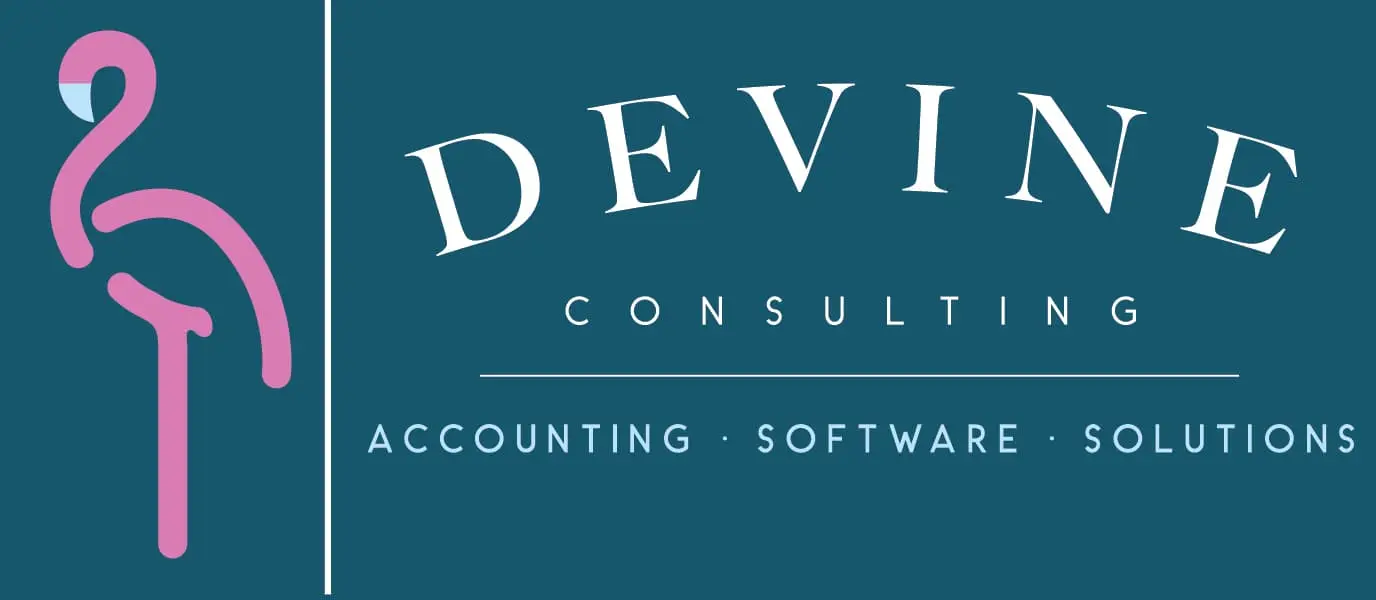The Challenges of Handling 1099 Reporting In-House
Staying compliant with 1099 reporting regulations can be an immense challenge for companies of all sizes. As a business owner, you likely want to dedicate the majority of your time and resources to core business activities that drive growth and revenue rather than accounting and tax paperwork. However, neglecting 1099 reporting obligations can lead to penalties, interest charges, and lost deductions that end up costing you far more in the long run.
Many businesses attempt to handle 1099 reporting in-house to save money, but this often creates more problems than it solves. Common challenges that companies face when self-managing 1099 forms include:
- Identifying which vendors and contract workers qualify for 1099 status based on complex IRS criteria. It’s easy to misclassify workers, resulting in penalties.
- Collecting valid tax ID numbers and current addresses for all qualifying recipients. Missing or incorrect data leads to rejected forms.
- Tracking payments over time to determine which vendors exceed the $600 reporting threshold each calendar year. Failing to file 1099s for vendors earning over $600 leads to penalties.
- Filing requirements for 1096 transmittals and 1099 forms by the rigid IRS deadlines (January 31 for paper filings, March 31 for e-filings). Late filings incur expensive penalties.
- Submitting 1099 data to the IRS that contains transcription errors or inaccurate information. Even small mistakes can lead to IRS letters or audits down the road.
Mistakes in filing 1099s or submitting inaccurate data to vendors and the IRS can lead to stiff financial penalties, interest charges, and lost tax deductions. The IRS penalty for each missing or incorrect 1099 form can total up to $560. The only way to avoid amending false 1099 filings is through the IRS’s voluntary compliance programs, which have strict eligibility requirements.
How Outsourced Accounting Firms Assist With 1099 Reporting
To avoid the extensive challenges of in-house 1099 reporting, many companies rely on external accounting firms to manage the process. Outsourced accounting professionals serve as 1099 compliance experts for small and mid-sized businesses across all industries. Key ways accounting firms help maintain 1099 reporting compliance include:
Expert Classification of Workers and Vendors
Rather than leaving business owners and office managers to interpret complex worker classification regulations, outsourced accounting experts determine which workers and vendors qualify as 1099 recipients according to the latest IRS regulations. This prevents costly worker misclassification issues or penalties from the IRS.
Ongoing Tracking of Payments and Due Diligence Checks
Accounting firms track payments to non-employee vendors over the course of each tax year. Once a vendor exceeds the $600 reporting threshold, the necessary due diligence is performed to collect their tax ID number and current address to fulfill 1099 regulatory requirements.
Timely Filing
Meeting rigid IRS deadlines for 1099 reporting is critical, yet can be surprisingly tricky for companies trying to self-manage the process. The deadlines depend on whether you file the forms on paper or electronically. These documents must be filed by January 31, while e-filed 1099 forms can be submitted by March 31. Accounting firms and professionals specialized in 1099 reporting stay on top of the changing IRS deadlines and requirements each year.
Error-Free Reporting
Submitting accurate 1099 information is critical for avoiding issues with vendors and potential IRS penalties or audit triggers. 1099 outsourcing services allow for accurate reporting and significantly reduce the likelihood of problems.
Spending too much time managing your company’s finances keeps you away from other responsibilities. Contact Devine Consulting today to learn about our holistic accounting solutions.
Benefits of 1099 Outsourcing Services
Accelerated Filing Prep
Compliance Peace of Mind
Reduced Audit Risk
Outsourced experts appropriately determine worker status and which vendors or non-employee contractors qualify for 1099 independent contractor forms based on IRS classification rules. Getting these decisions right from the start prevents future worker classification issues or penalties.
Expert Classification Guidance
Rather than scrambling to prep forms at the last minute, outsourced teams get a head start on 1099 filing preparation based on payment data. This proactive approach leaves ample time for review to prevent last-minute mistakes.
1099 outsourcing services track and monitor payments made to non-employee workers across the calendar tax year. This takes the burden off business owners to manually determine who exceeds payment thresholds, triggering 1099 reporting requirements.
Specialized 1099 outsourcing firms submit state and federal 1099 tax documents in line with the most up-to-date IRS deadlines and protocols. They also include 1096 Annual Summary forms detailing 1099 payee details that must be filed. Taking advantage of these specialists alleviates concerns over non-compliance.
Payment Tracking
Leveraging outsourced expertise minimizes the chance simple reporting errors raise red flags with tax authorities or trigger IRS audits. External teams provide essential quality checks and accuracy precautions businesses often lack when attempting DIY reporting.
Get Accurate Reporting With Devine’s 1099 Outsourcing Services
Streamlined accounting records are vital for understanding the complete financial health of your business. This is a challenging task if you lack the staff and resources to manage it in-house. Partnering with Devine Consulting allows you to fully leverage our staff’s accounting and bookkeeping expertise. We leverage the latest technology to simplify 1099 recordkeeping for companies across multiple industries.
Contact us today to learn more about our 1099 outsourcing services.

